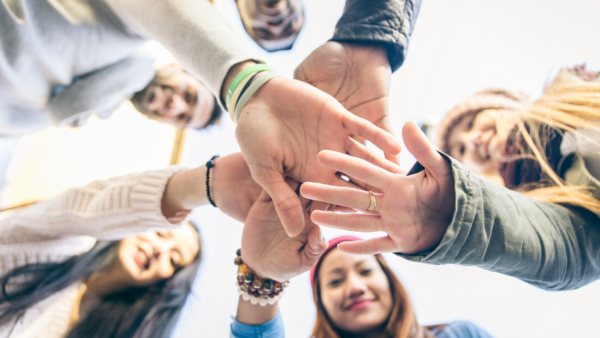Assistance: UNCRPD compliant mechanism and social service for supported decision making

Name of Practice: Assistance: UNCRPD compliant mechanism and social service for supported decision making
Organisation: Support-Girona
Description of Organisation: Support-Girona is an organization providing global and individualized support to persons with disabilities, with whom it has a legal link, promoting their social inclusion and Human Rights. Their mission is to support persons with intellectual disabilities, psychosocial disabilities or elderly persons experiencing some type of disability due to the ageing process to achieve social inclusion and exercise their rights.
Country: Girona, Catalonia, Spain
Year of initiation: Assistance is a legal mechanism active since 2011 and the first persons supported by the organisation through this mechanism are from 2012.
Funding: Catalan Government
Link to UNCRPD: Article 12– Equal recognition before the law, Article 23 – Respect for home and the family
Description of practice:
Assistance is a voluntary legal mechanism to receive supported decision-making under the Catalan Civil Code that respects the legal capacity of individuals who request support. The person has the right to select the person or entity whom they wish to be assisted by and in which spheres of his or her life.
Assistance can be formalised via notary or by a judge in a voluntary process. Importantly, the judge must comply with the will and preferences of the individual both in terms of respecting the assistant that the person has chosen as well as where/how the person wants to be supported. Every Catalan citizen has the right to access Assistance.
Problem targeted:
‘Assistance’ solves the problem of not having, until September 2021, a formal alternative available in the legal framework to ‘guardianship’ and ‘curatorship’, as both mechanisms restrict and/or modify the legal capacity of the individual.
Traditionally, Support-Girona has supported individuals dealing with complex situations due to their personal situation or because no one in their social environment is able to provide support. In these extreme contexts, people are often reluctant to receive support as they fear being misunderstood or losing their freedom and autonomy.
Solution offered:
The model is based on person-centred and supported decision-making approaches. The users are involved in the design of their support plan in cooperation with the frontline staff.The programme acts as a facilitator and promotes the engagement of the users in community-based services, empowering individuals to use services on their own.
‘Assistance’ develops a new paradigm of services based on the will and preferences of the individual offering the person a real opportunity to exercise choice and control over the way they want to receive support. Over time, ‘Assistance’ solves the problem of traditional services creating ‘forced relationships’ with the individual and instead developing a ‘natural bond’ with the user.
Impact generated by the practice:
‘Assistance’ has shown that support can be provided in extremely complex situations without limiting legal capacity and using rights-restrictive tools provided by obsolete mechanisms. Moreover, opposite to representative measures, ‘Assistance’ offers a temporary measure, meaning the user can choose when to terminate the relationship with the professional. According to data from the Girona region, the procedures where this voluntary measure has been requested by the person on a voluntary basis are increasing every year.
In September 2021, a new legal framework (Spanish “Ley 8/2021 on the reform of civil and procedural legislation to support persons with disabilities in exercising their legal capacity” and Catalan “Law Decree 19/2021, adapting the Catalan Civil Code to the reform on the procedure to modify legal capacity”). As the central mechanism of the Catalan legislation, it is expected that the number of ‘assistances’ will increase.
Sustainability of the practice:
Quantitatively, in 2019, the organisation had participated in 29 seminars and training events dedicated to widespread ‘assistance’ and this new paradigm of intervention, whilst in 2020 the number of activities has more than doubled with 79 events accounting for this purpose.
In terms of scalability, the ‘assistance’ service is similar to other initiatives taking place around the EU like the Swedish Personal Ombudsman or PO Skåne, so its core components (flexibility, voluntary-driven, community-based and centrality of the person's will and preferences) are replicable in similar services.
Contact Information: Ferran Blanco Ros, Project & Development Officer: ferran@supportgirona.cat
Additional links:

